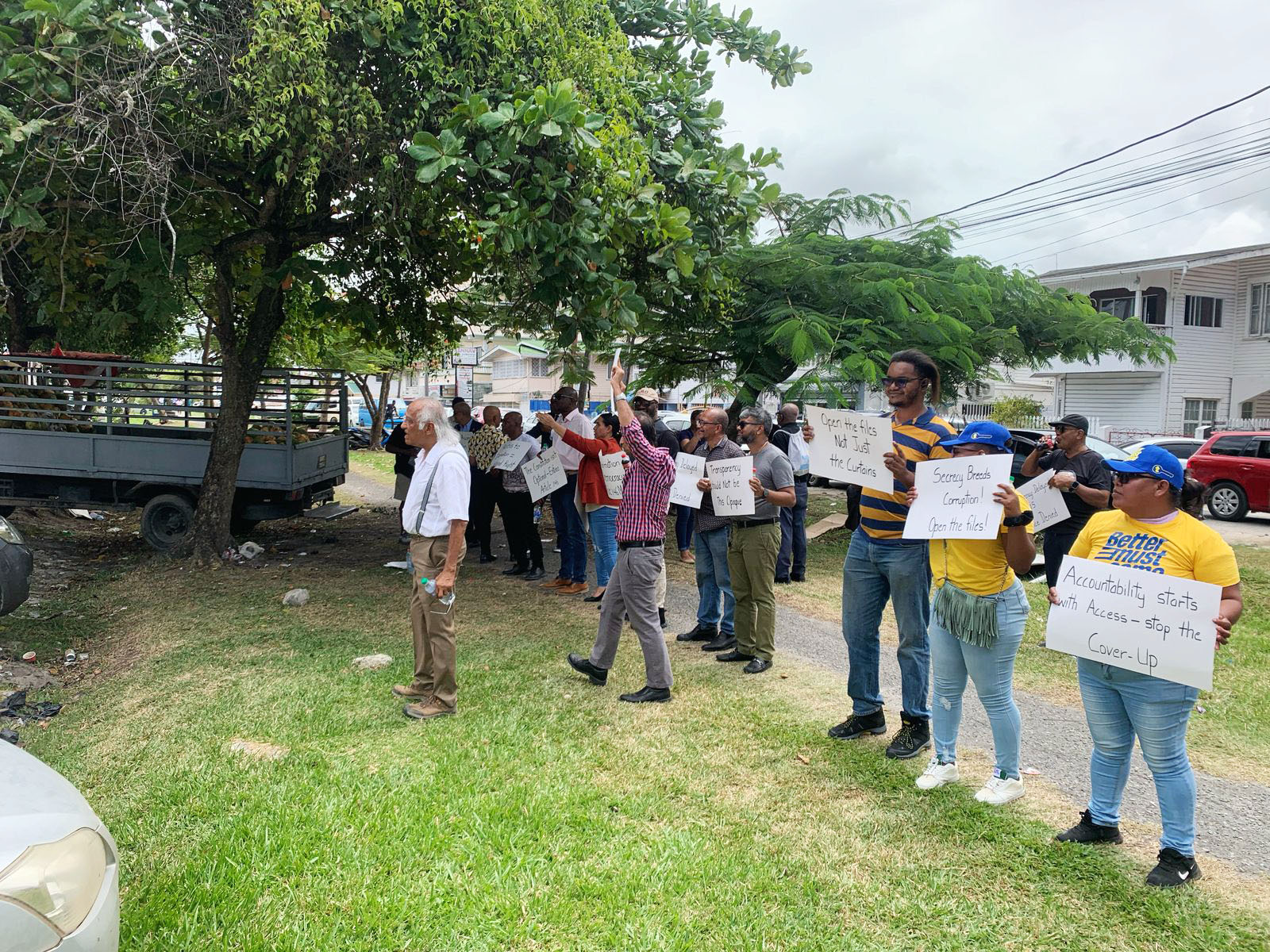It’s commendable that the Guyanese government has taken action to review the development plan from the Payara Project in face of none too subtle pressure from Exxon to essentially rubber stamp the approval. The new government has shown a willingness to not follow the status quo, instead it has taken a notable stance to show it’s not just a lame duck ready to do the bidding of an oil major.
While the government’s action should be applauded, it’s questionable why it did not insist on a well accepted procurement strategy employed in the oil and gas industry. It’s typical for a formal bidding process to be used when securing services of a qualified service providers to ensure competent, fair and benchmarked proposals are submitted for the completion of project work. This not only serves as checks and balances for the services provider but also ensures a relatively unbiased approach is used for the selection of a qualified service provider. Reports from media sources suggest that the Canadian government may have selected the reviewers and will pay the associated costs. Although the Government of Guyana may not be paying the bill, it should realize that decisions made by the team of reviewers can have massive impact on its share of revenues from the project. It may be saving costs now but may pay a big price later if the review is not done properly.
The selection of Alison Redford, along with the international team she will lead, may not have been conducted using a formal selection process. (If a formal process was used, it has not been communicated by the governments of Guyana or Canada). It would appear this team of contractors was selected on a sole sourced basis. It begs the question how the government knows it’s getting the help of qualified reviewers to conduct the work.
The reviewers must include qualified personnel such as geologists, geophysicist, reservoir, production, facility and logistic engineers who can
· define a precise Field Development Plan (FDP) specific to the unique field
· decide the best production/injection well placement and design
· select the optimal production facilities required to properly process hydrocarbons before their treatment
· choose the transport options and route to export oil and gas
· Ensure environmental risks are assessed and mitigated
The government has not shown how Mrs. Redford has demonstrated the knowledge and expertise in all of these areas in order to assess and evaluate the quality of work performed by the various experts listed above. Mrs. Redford may have experience leading a team of experts in projects where an ocean of oil is buried underground but not when the oil is buried by an ocean of water.
The government appears to have rushed the selection of the leader of the development review for unknown reasons. Whatever those reasons are, it’s worth noting that oil gas projects that will be conducted in Guyana will have decades of impact. A careful selection of the review team is advised.
Concerned Guyanese Citizen










